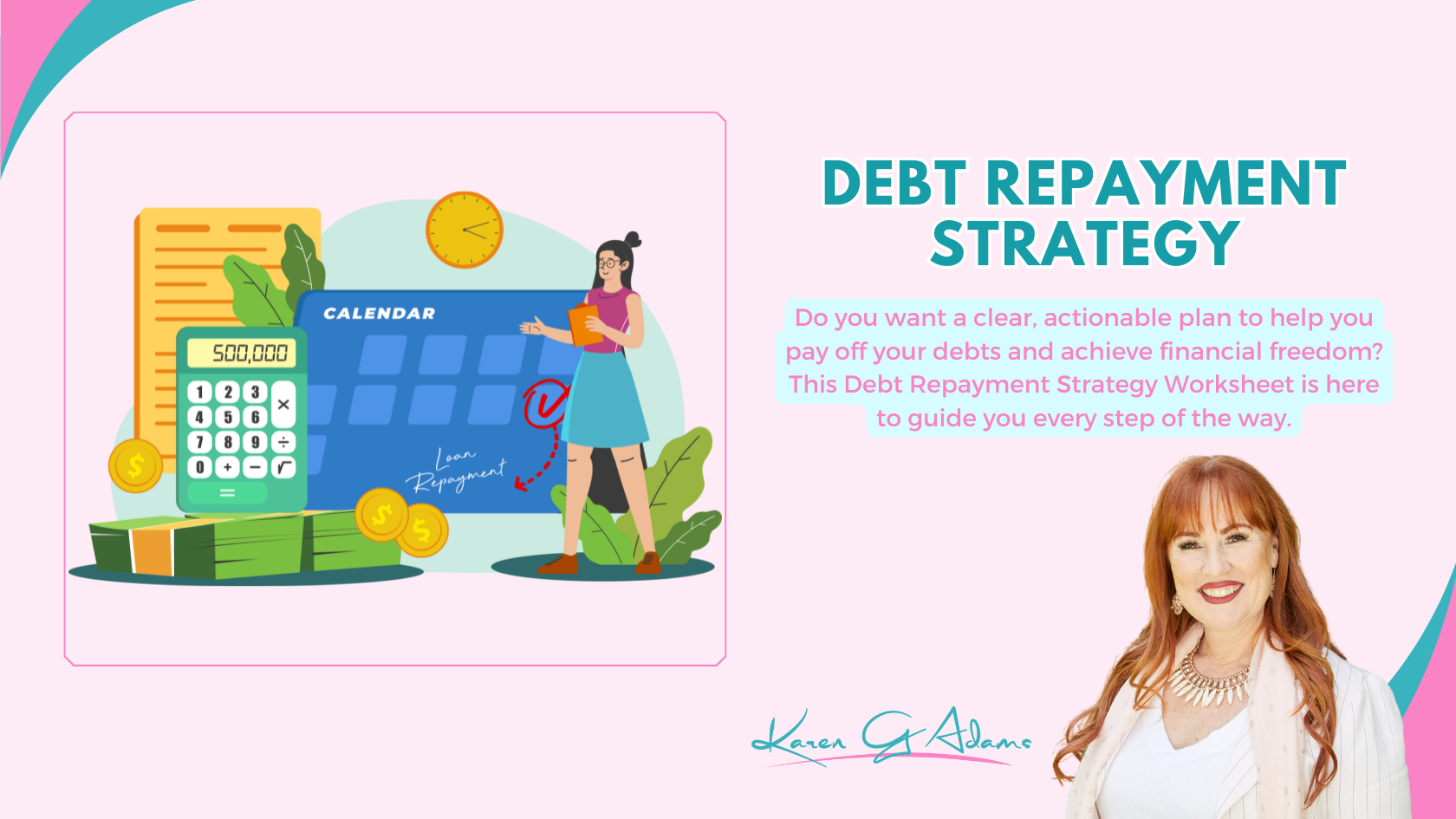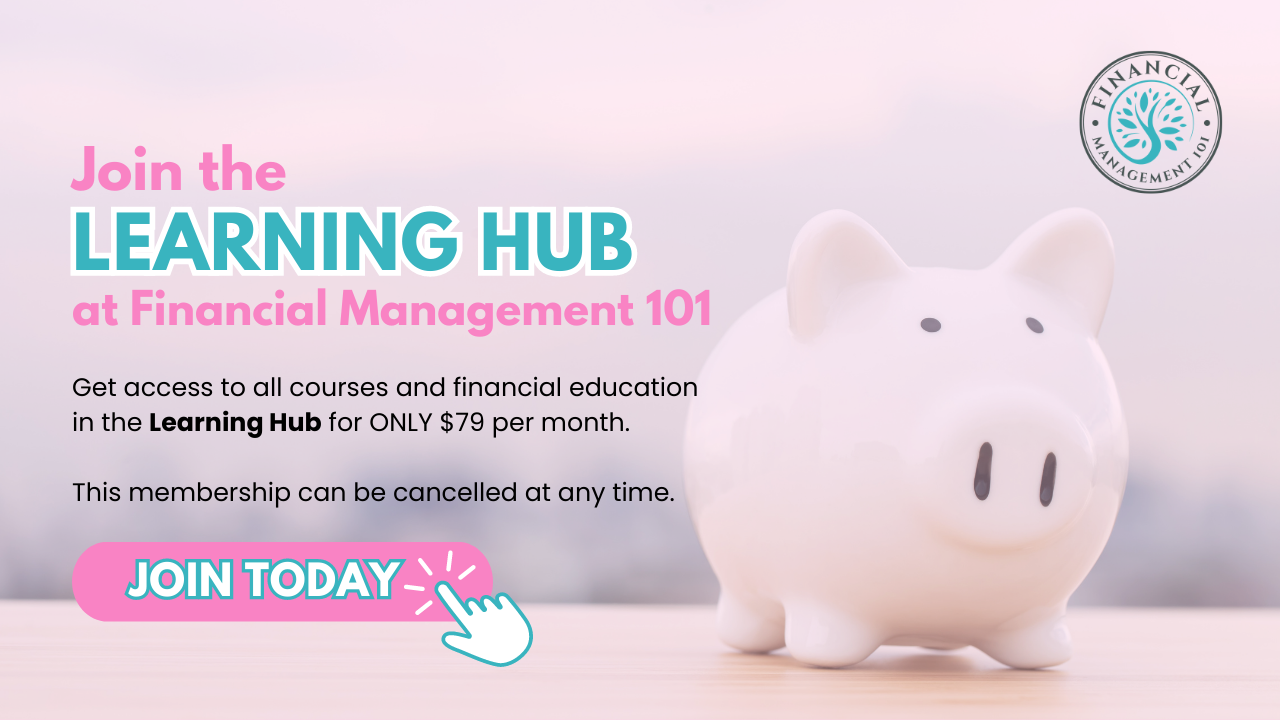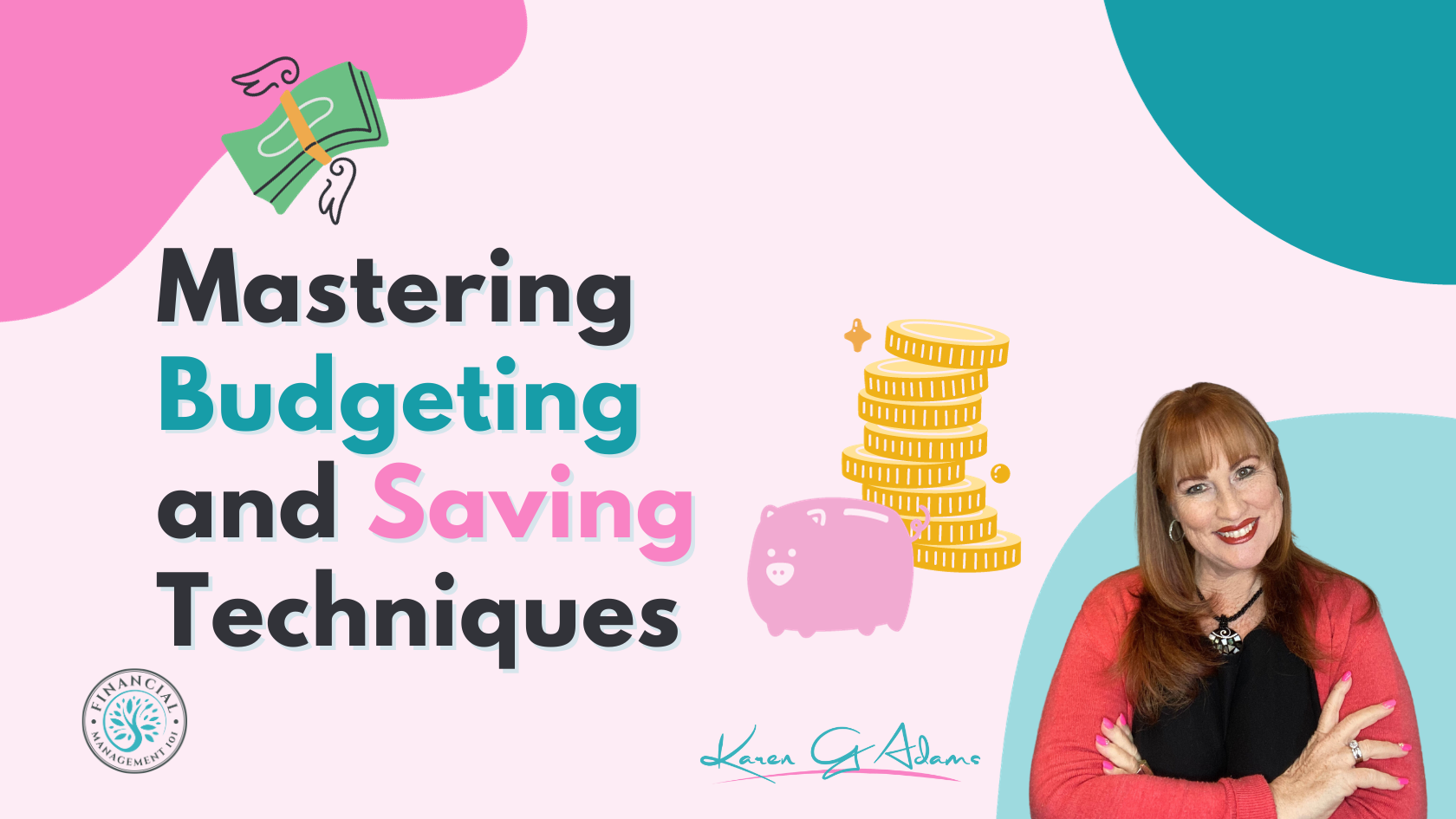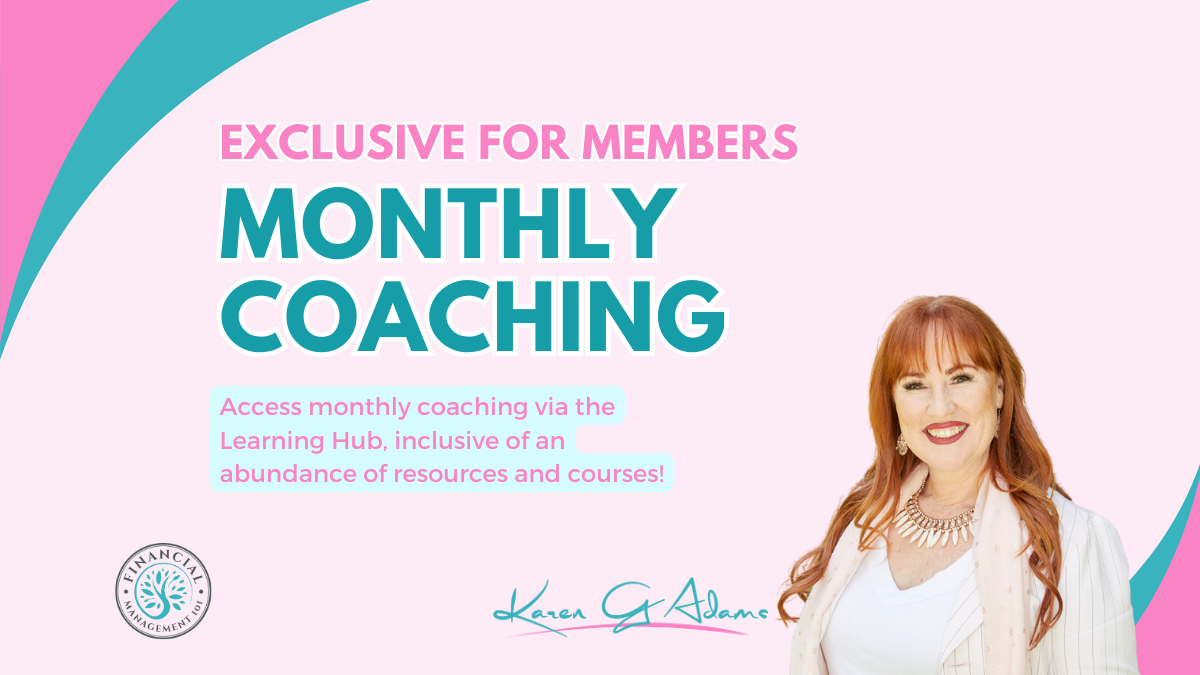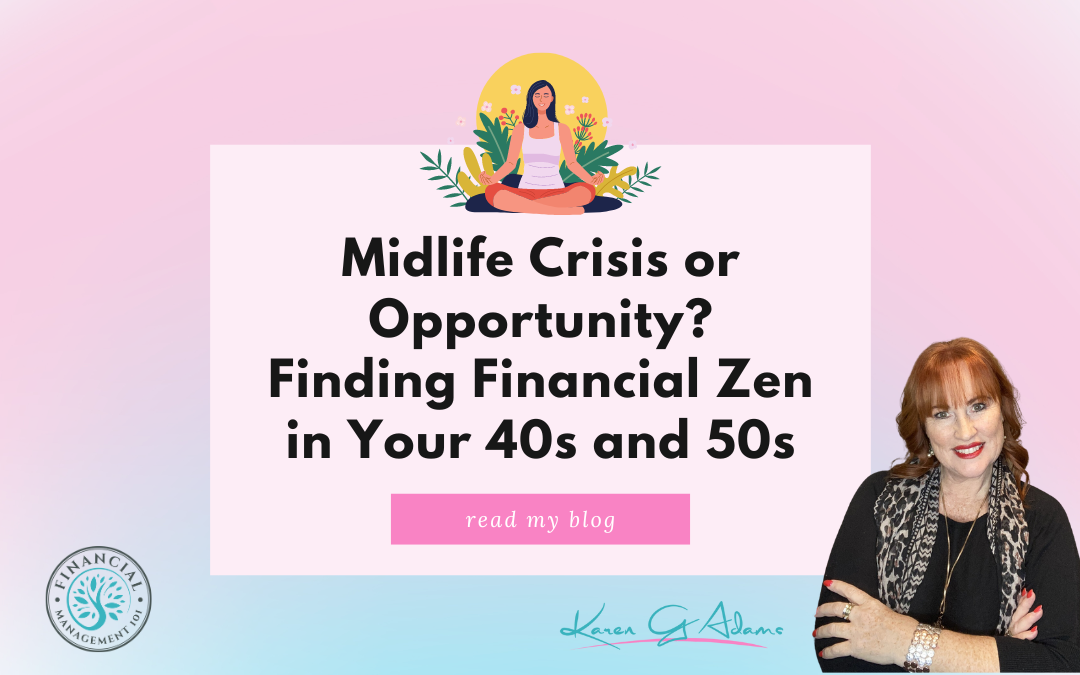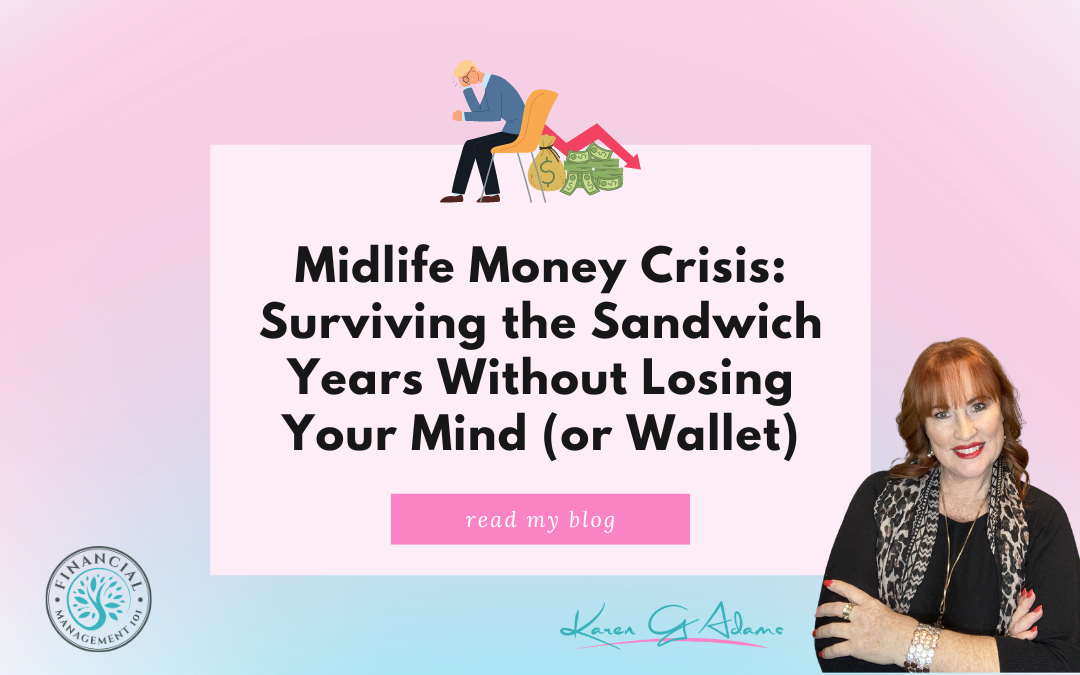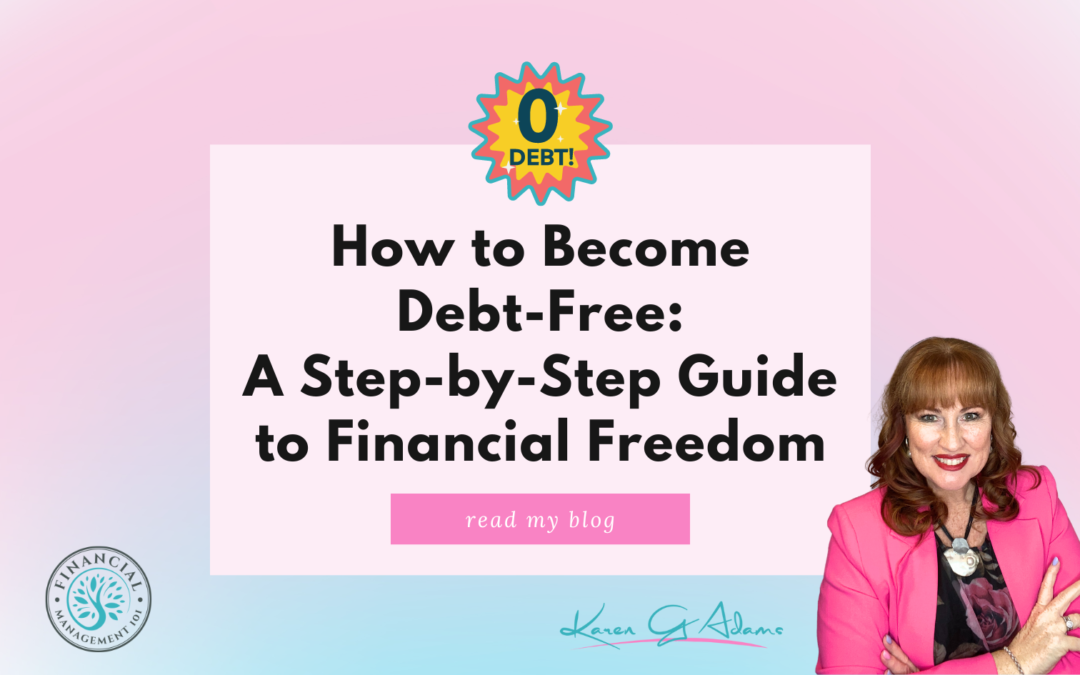
How to Become Debt-Free: A Step-by-Step Guide to Financial Freedom
Are you tired of feeling trapped by debt? You’re not alone. Debt can feel like a heavy burden, but the good news is that it doesn’t have to be a lifelong sentence. With the right mindset and strategies, you can break free from debt and start building a more secure financial future. Let’s dive into the steps to becoming debt-free and reclaiming control over your finances!
1. UNDERSTAND YOUR DEBT SITUATION
Before you can tackle your debt, you need to have a clear understanding of what you’re dealing with. Start by making a list of all your debts, including:
- Credit cards
- Student loans
- Personal loans
- Car loans
- Mortgage
For each debt, write down the total amount owed, the interest rate, and the minimum monthly payment. This will give you a comprehensive view of your debt landscape and help you prioritise which debts to focus on first. If you need a little hand with getting this down, you can download my FREE debt repayment spreadsheet by clicking HERE.
2. CREATE A BUDGET AND STICK TO IT
Creating a budget is an important step towards debt freedom. A budget helps you track your income and expenses, ensuring you’re not spending more than you earn. Here’s how to create an effective budget:
- Calculate your monthly income: Include all sources of income, such as your salary, side gigs, and any other earnings.
- List your monthly expenses: Categorise your expenses into essentials (like rent, utilities, groceries) and non-essentials (like dining out, entertainment).

- Allocate funds for debt repayment: After covering your essentials, allocate a portion of your income specifically for debt repayment.
Sticking to your budget requires discipline, but it’s essential if you want to make significant progress towards becoming debt-free.
Want some help creating your budget then download my FREE budget spreadsheet where I make it easier to workout what’s happening with your money. Click HERE.
3. CUT UNNECESSARY EXPENSES
One of the quickest ways to free up money for debt repayment is by cutting unnecessary expenses. Review your budget and identify areas where you can reduce spending. Here are some common areas where people tend to overspend:
- Dining out: Try cooking at home more often.
- Subscription services: Cancel subscriptions you don’t use regularly.
- Impulse purchases: Avoid buying items you don’t need by implementing a 24-hour rule before making non-essential purchases.
Remember, every dollar saved is a dollar that can go towards paying off your debt faster!
4. CHOOSE A DEBT REPAYMENT STRATEGY
There are several strategies for repaying debt, but two of the most popular are the Debt Snowball and Debt Avalanche methods:
- Debt Snowball Method: Focus on paying off your smallest debt first while making minimum payments on all others. Once the smallest debt is paid off, move on to the next smallest. This method gives you quick wins and boosts motivation.
- Debt Avalanche Method: Focus on paying off the debt with the highest interest rate first while making minimum payments on all others. This method saves you the most money in interest over time.
Choose the method that resonates most with you and start chipping away at your debt!
5. INCREASE YOUR INCOME
If cutting expenses isn’t enough, consider ways to increase your income. This additional income can be used entirely for debt repayment. Here are a few ideas to boost your income:
- Take on a side hustle: Consider freelancing, tutoring, or driving for a ride-share service.
- Sell unused items: Declutter your home and sell items you no longer need.
- Ask for a raise or promotion: If you’ve been excelling at work, now might be the time to ask for a raise.
Every bit of extra income helps in accelerating your journey to becoming debt-free.

6. BUILD AN EMERGENCY FUND
While it might seem counterintuitive to save money when you’re trying to pay off debt, having an emergency fund is crucial. An emergency fund acts as a financial safety net, preventing you from going deeper into debt when unexpected expenses arise. Aim to save at least $1,000 initially and gradually build it to cover 3-6 months’ worth of expenses.
7. NEGOTIATE LOWER INTEREST RATES
High-interest rates can significantly increase the amount you owe over time. Don’t be afraid to negotiate with your creditors to lower your interest rates. Here’s how:
- Call your creditors: Explain your financial situation and request a lower interest rate.
- Consider transferring your balance: Some credit cards offer 0% interest on balance transfers for a limited period. This can help reduce interest costs and pay off debt faster.
- Refinance loans: Refinancing can lower your interest rate and reduce monthly payments.
Lowering your interest rates means more of your payments go towards reducing the principal amount, helping you get out of debt faster.
8. AVOID NEW DEBT
While you’re working to become debt-free, it’s essential to avoid accumulating new debt. Resist the temptation to use credit cards or take out new loans. If necessary, consider freezing your credit to prevent taking on new debt until you’re back on solid financial footing.
9. TRACK YOUR PROGRESS AND CELEBRATE MILESTONES
Tracking your progress is vital to staying motivated. Use a debt repayment tracker or app to monitor your journey. Celebrate each milestone you reach, whether it’s paying off a specific amount or clearing a particular debt. Celebrating these wins keeps you motivated and committed to your goal.
10. SEEK PROFESSIONAL HELP IF NEEDED
If your debt feels overwhelming, or if you’re struggling to create a repayment plan, consider seeking help from me as your financial coach. As a financial coach, I can provide personalised advice and strategies tailored to your situation, helping you navigate your way out of debt more effectively.
11. STAY COMMITTED TO THE JOURNEY
Becoming debt-free is a marathon, not a sprint. It requires time, effort, and unwavering commitment. There will be challenges along the way, but staying focused on your goal will make the journey worth it. Remember, the freedom and peace of mind that come with being debt-free are invaluable.

CONCLUSION: EMBRACE YOUR FINANCIAL FREEDOM
Becoming debt-free is one of the most empowering steps you can take for your financial future. It opens up a world of possibilities, from building wealth to achieving your financial dreams. By understanding your debt, creating a budget, cutting expenses, increasing your income, and sticking to a debt repayment strategy, you’re well on your way to financial freedom.
Start today—your debt-free future awaits!
By following these steps and staying committed, you’ll not only become debt-free but also build a strong foundation for a financially secure future. Remember, every step you take towards eliminating debt brings you closer to the life you desire.
Are you feeling overwhelmed by debt? Do you want a clear, actionable plan to help you pay off your debts and achieve financial freedom? This Debt Repayment Strategy Worksheet is here to guide you every step of the way.
GRAB YOUR OWN COPY FOR FREE
YOUR MONEY eMagazine
Are you ready to take control of your finances and secure a brighter future?
Dive into “Your Money,” the premier e-magazine by Karen G Adams, the Founder of Financial Management 101.
Subscribe for FREE!

